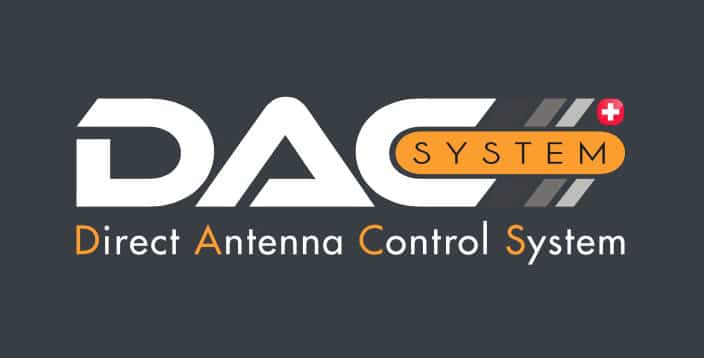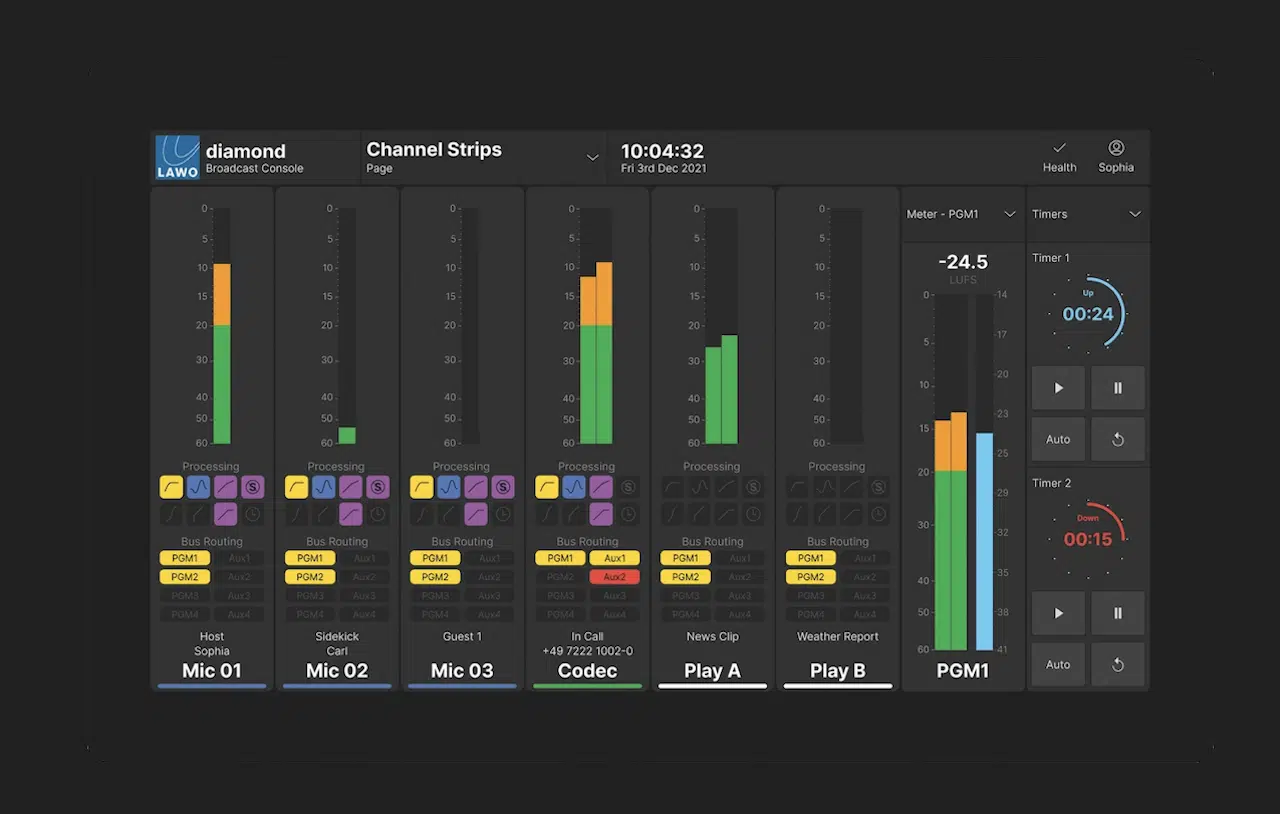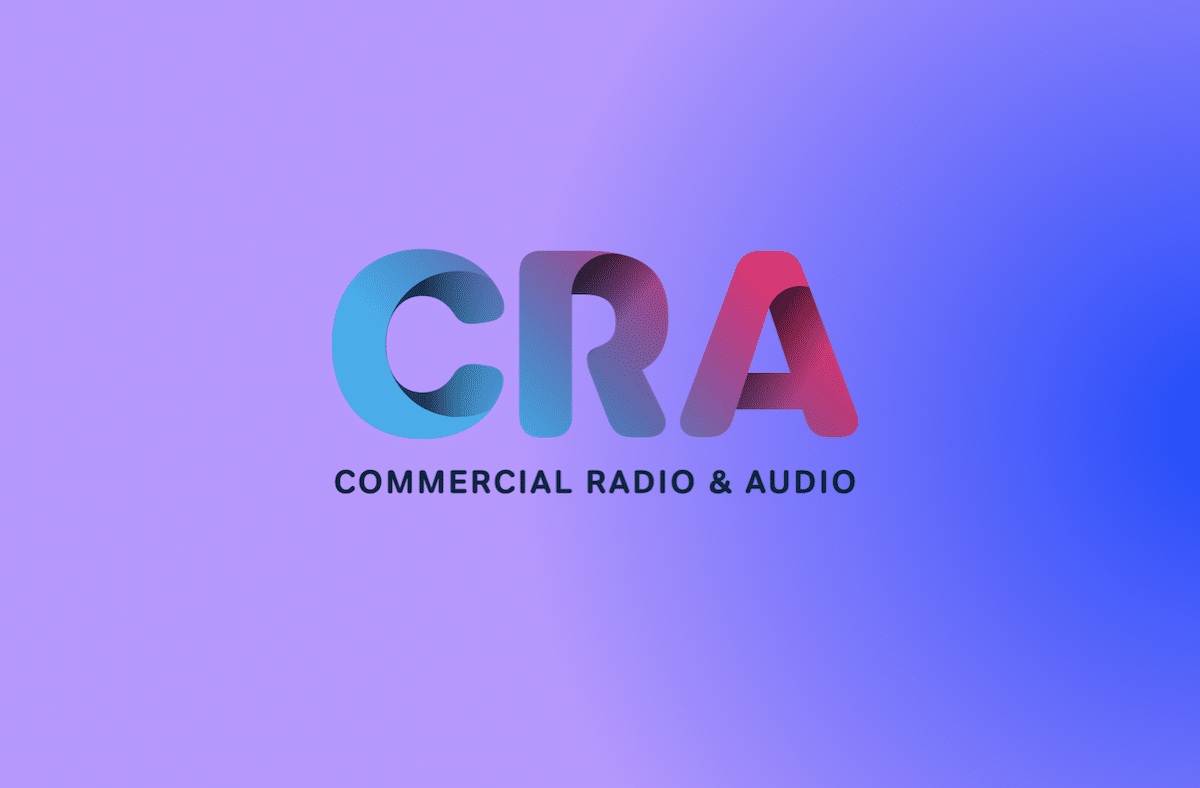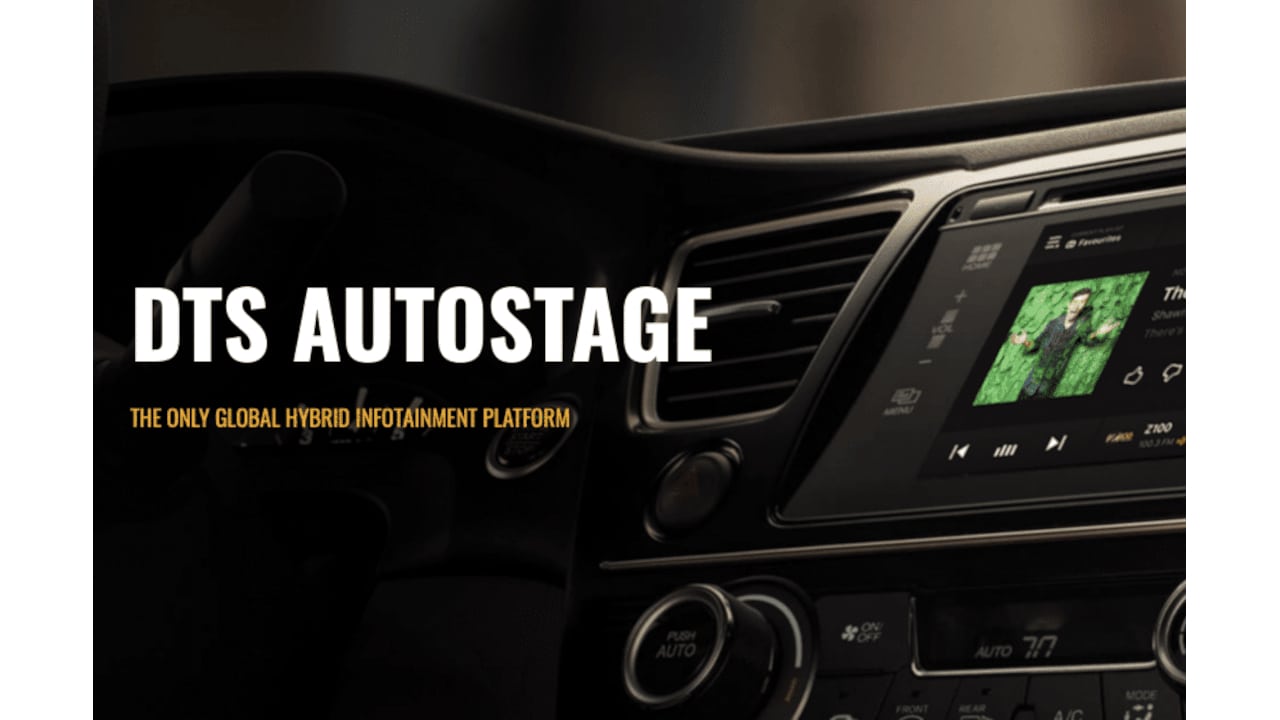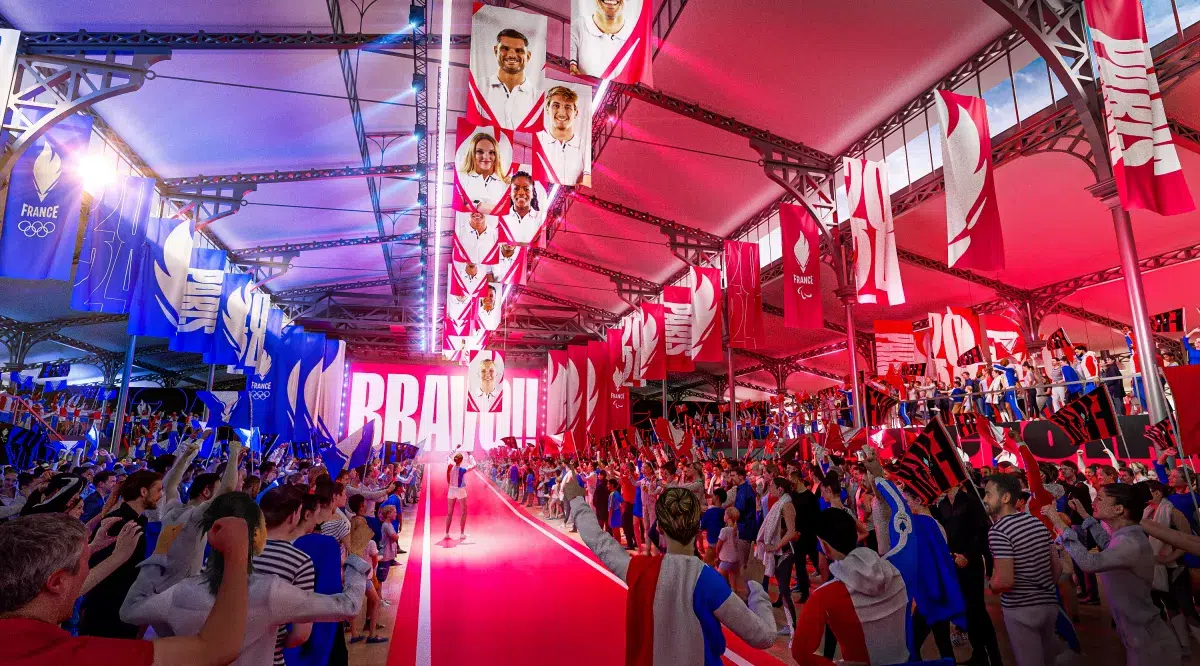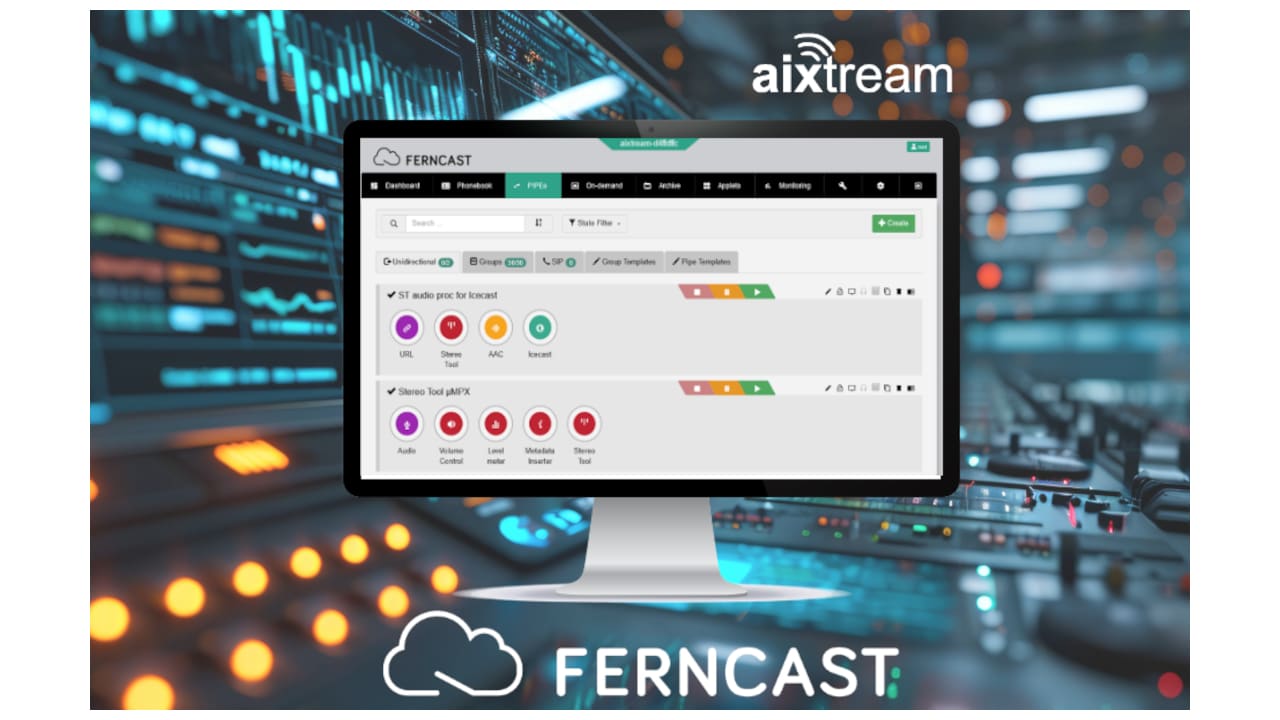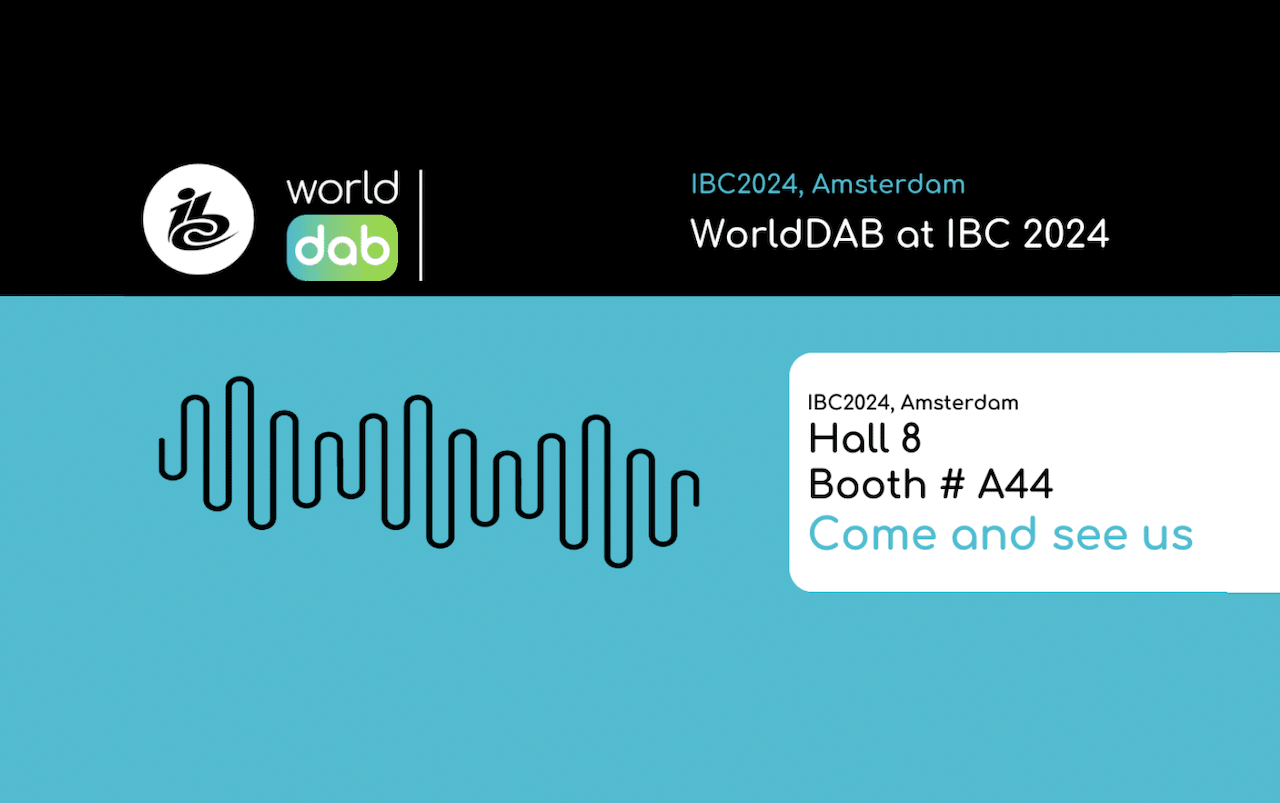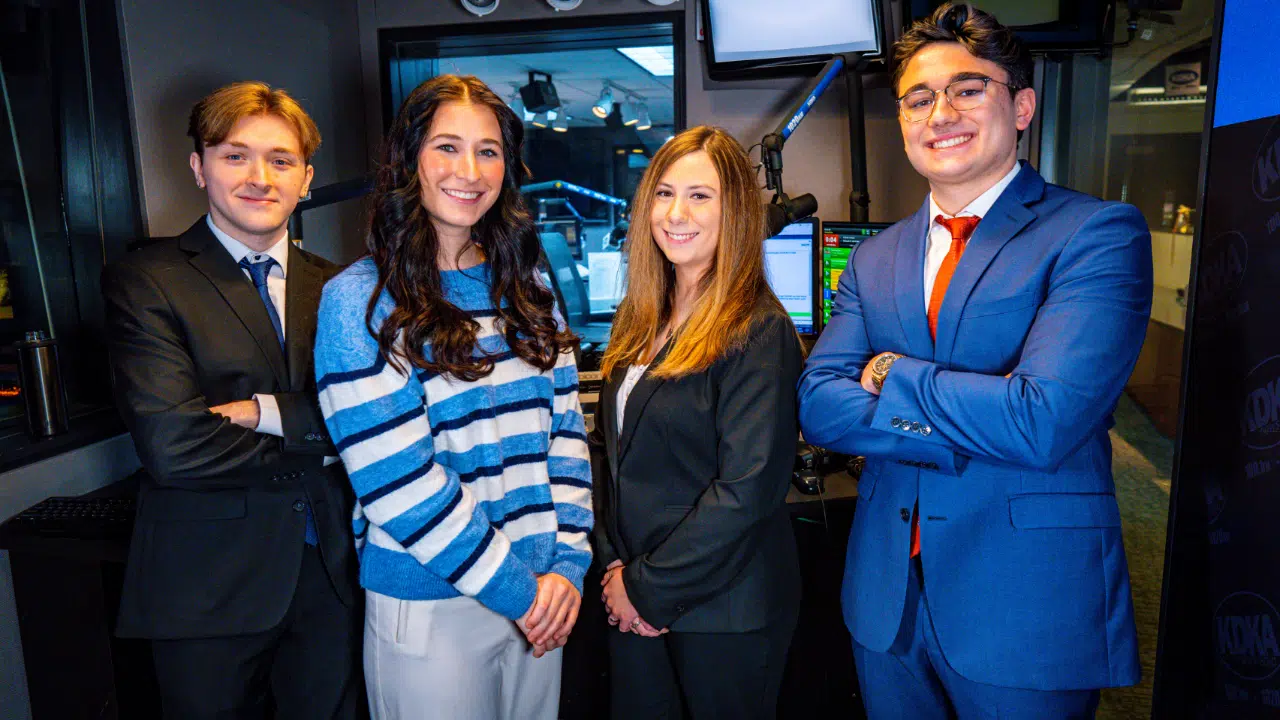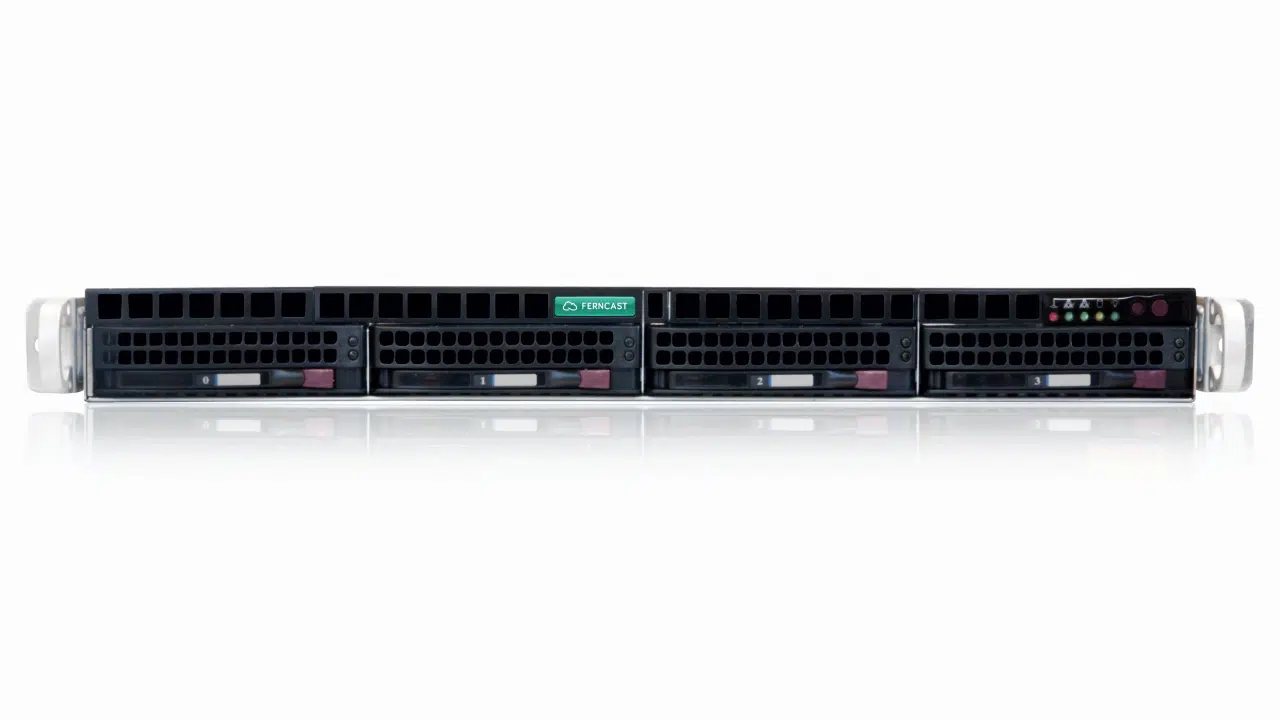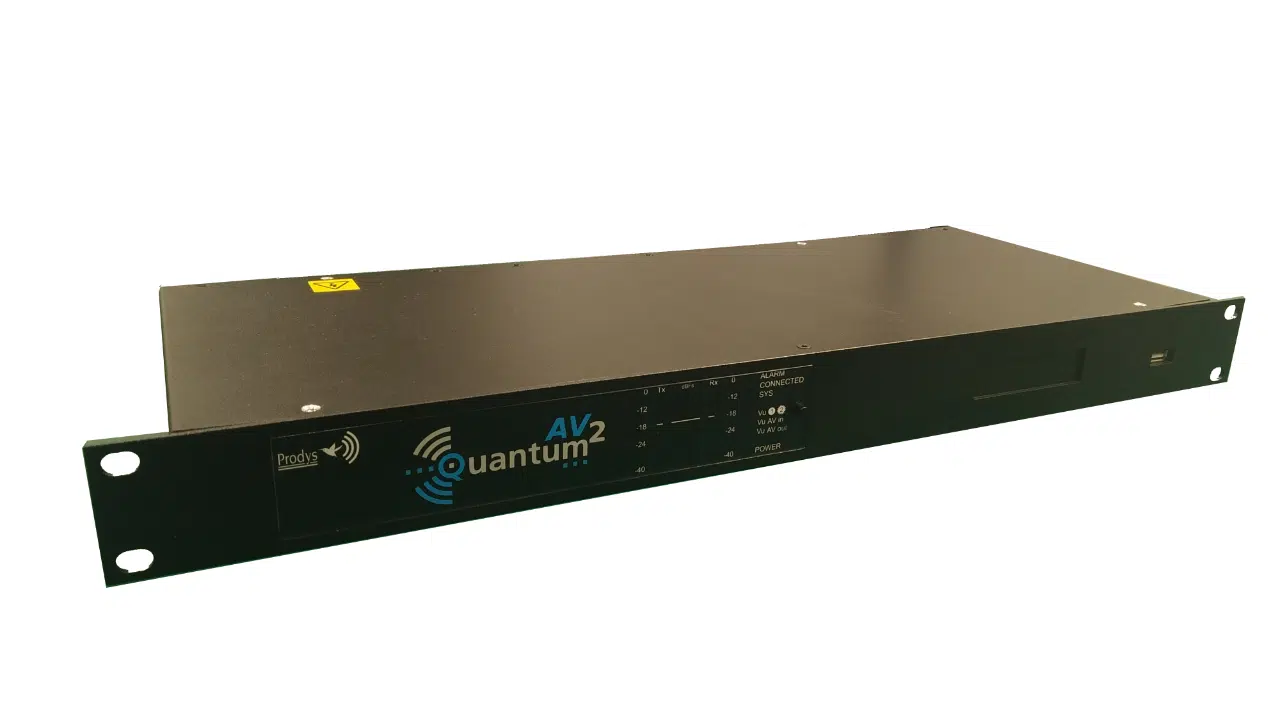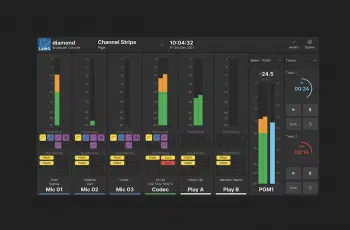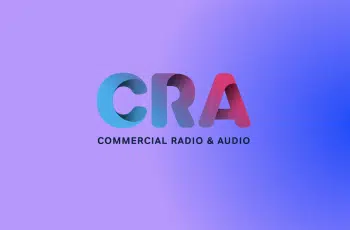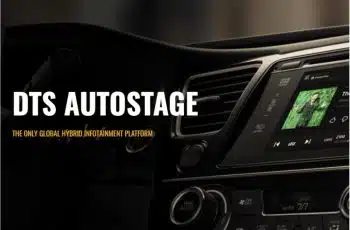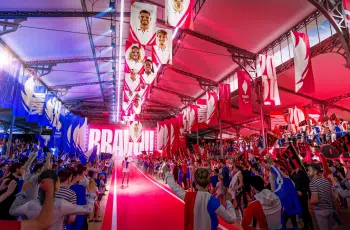
Matt Deegan, founder and creative director of the new media and radio consultancy firm, Folder Media, has been at the forefront of the radio and industries since 2011. He helps develop new businesses and advises a cross-section of U.K. radio and entertainment companies on how to grow and develop their businesses. He spoke to RedTech about the factors impacting Europe’s radio and audio industries today.
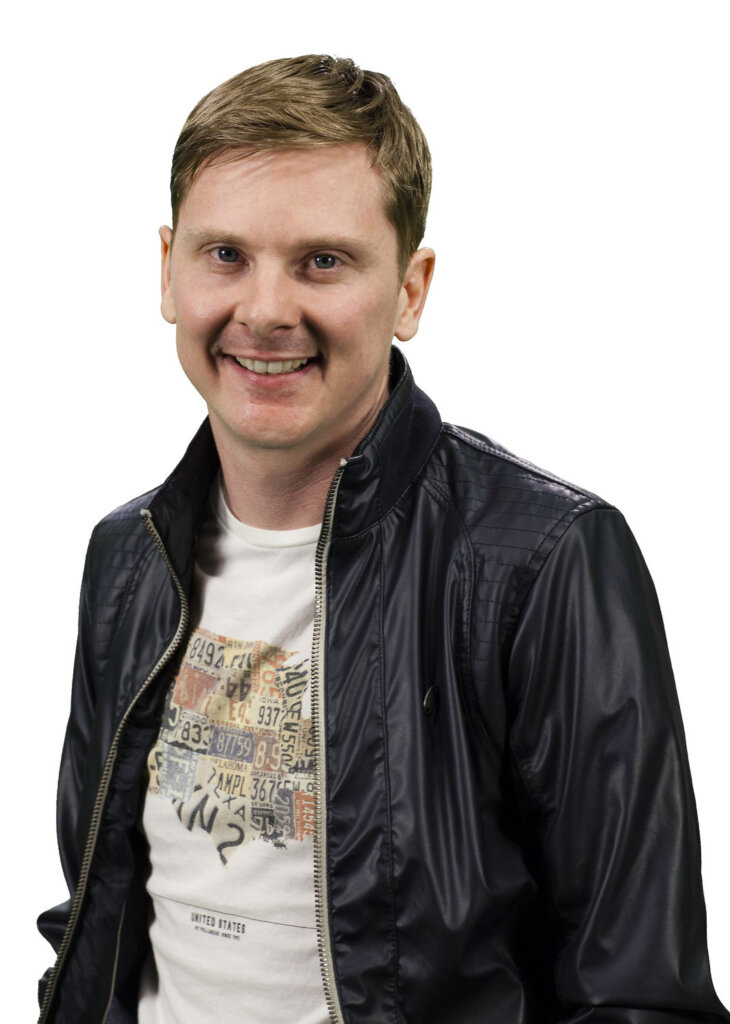 RedTech: Briefly describe your background and what you are working on now.
RedTech: Briefly describe your background and what you are working on now.
Matt Deegan: I did student radio and then worked for the Radio Academy before working in strategy and development at GWR and later GCap Media (now Global). I was particularly involved in the development of DAB digital radio and the company’s acquisitions. In 2008, I left there with a colleague, Gregory Watson, to set up Folder Media. Folder owns and manages a number of DAB multiplexes. We provide consultancy and advice to media companies and we also produce radio and podcasts for broadcasters like the BBC, ITV and MTV. I also cofounded, and still run, the national children’s radio station Fun Kids and the British Podcast Awards.
RedTech: As podcasting popularity continues to grow, do you see the big money from larger players hurting the creative spirit of the medium and pushing the smaller voices out of the space?
Deegan: You need to think of podcasts like book publishing. There’s plenty of room for everyone, with niche and mainstream opportunities. The challenge for anyone producing a digital product is getting noticed — it’s the same for websites, apps and podcasts.
RedTech: What are the next steps in podcasting’s growth?
Deegan: We’re seeing the monetization opportunities really pick up for shows. The ad agencies and networks and the programmatic exchanges means audiences can be monetized relatively quickly. We’re seeing ad insertion, but also content insertion. You could easily make a national news podcast that includes local stories as well. For people streaming a podcast, you could detect that, and add weather or more timely/local information.
We’ve also seen Apple and Spotify recently introduce subscription options for podcasts, opening up a new revenue stream.
RedTech: How do you see BBC Sounds shaping the future of podcasting in the United Kingdom, in particular that of independent podcast producers?
Deegan: The BBC is always both a friend and a foe to new media entrants. They wield lots of power because of the size of their audience and their budgets. They also commission many shows (radio and podcasts) from independent production companies, so they’re another potential revenue stream for podcast startups. Next year, I expect they’ll also add third-party U.K. podcasts to BBC Sounds (their app and online audio platform).
While the BBC is still a successful producer of podcasts, their share of, say the Apple Podcasts Top 200, is reducing as new entrants (big and small) join the market.
RedTech: Should radio stations be wary of social audio, such as Clubhouse, or should they use these tools to engage audiences in another way?
Deegan: Social audio is an interesting product, though I think it’s different from radio and podcasts. The core piece of technology is that it uses a social graph to tell you about audio shows people you follow are involved with. This is most visible with Twitter Spaces. The top bar alerts you to programs that people you follow are listening to or participating in — this is a great discovery mechanism. Why don’t radio apps, who understand what you like, alert you to the involvement of your favorite DJs or artists in other programs?
“The opportunity for talented radio and audio folk is to create special, bonus experiences in these places.”
Listening to lots of social audio “shows” — they’re dreadful. It’s because many hosts don’t have the right skills and many participants add little to the discussion. I see a lot of the output more like conference panels. Many of those are dreadful too! The good ones are well-moderated with audiences who can participate but get held on a tight leash. The shows on Clubhouse/Twitter Spaces will get better as people start to learn how to use the services, but there will continue to be a lot of dross.
The opportunity for talented radio and audio folk is to create special, bonus experiences in these places — and to use the social audio reach to bring in new listeners to sample that content.
RedTech: Is it a good time to be in the audio business?
Deegan: We are in the golden age of audio. There have never been as many outlets, platforms and opportunities for audio professionals. Whereas in the past there would only be a few radio stations you could work for, there are now hundreds. Podcasting has seen a huge influx of interest with commissioning, branded content and ad-funded opportunities while subscription platforms, smart speakers and social audio are increasing opportunities too.
RedTech: What are the lessons to be learned for radio broadcasters from audio’s boom?
Deegan: A key lesson is that you need to be flexible enough to see the opportunities and adjust your skills to cater for these new platforms and products. The danger is to keep the mindset of the old analog radio monopoly. It’s important not to confuse the idea that broadcasting on a radio station that happened to be licensed 40 years ago means that you’re producing the content that’s of interest to today’s unrestricted consumer.
“A key lesson is that you need to be flexible enough to see the opportunities and adjust your skills to cater for these new platforms and products.”
RedTech: Voice engagement (connected cars, speakers, etc.) is popping up more and more in our everyday life. Does this present a challenge for radio broadcasters?
Deegan: Any new platform radio can appear on is a good thing. The challenge for voice is that you need to know what you’re asking for. Many radio stations’ discovery has come from stumbling over stations on a dial. With a smart speaker, there is no dial — so only established or well-marketed operations are likely to do well. This is a big change for many operators.
RedTech: DAB+ digital radio technology continues to make strides in Europe. Will this help boost audience numbers, and will consumers easily adopt the technology?
Deegan: Some European markets, and especially France, has historically been negative toward DAB because of the effect more competition will have on their business. This was poor insider thinking, rather than concentrating on what audiences want. That’s quality, choice and ease of use. If all FM radios were replaced tomorrow with DAB+ radios, it would be a better experience for listeners — with more choice, better audio quality and reception and an easier to use device. The challenge for newly digital countries is getting on with it and not stopping to try and preserve their old business models.
RedTech: Radioplayer continues to expand. What are its advantages and disadvantages?
Deegan: Working together is constructive. Consumers think more about listening to “the radio” rather than Radio France, or NRG, or Sky Rock. Radio, the medium, will do well when the operators help consumers and provide a good service. The benefit of Radioplayer is that it can provide a best-in-class country-specific audio experience — all the stations, great metadata, on-demand programs, podcasts, catchup, etc. As it’s all coming from co-owners of the platform, it should be the best online listening experience. Plugging into Radioplayer Worldwide’s development team means desktop, apps, smart speaker and car integration straight away. If supported, it should be light years ahead of competitors like TuneIn, etc. There aren’t really any disadvantages.
“Consumers think more about listening to “the radio” rather than Radio France, or NRG, or Sky Rock. Radio, the medium, will do well when the operators help consumers and provide a good service.”
RedTech: How is Radioplayer influencing in-car entertainment progress in Europe, both from the perspective of the auto industry and radio sector?
Deegan: Car manufacturers haven’t got the time to speak to even the big radio stations across Europe. Radioplayer has built out a team that has great contacts, and the successes they make will be shared across all the partners in Europe. What’s great is that it’s radio expertise and listener experience that’s been shared with the car companies, ensuring radio can stay at the forefront of the dashboard. There are lots of companies — Spotify, TuneIn, etc. — battling for our space, so we need to fight for it.
RedTech: Is Radioplayer helping the radio industry compete with the larger players, such as Spotify and Apple?
Deegan: Absolutely. The key is providing a great product, with great content and metadata. So it’s up to all the radio stations to ensure that they’re providing best-of-class data and content to the project.
RedTech: How do you see Radioplayer developments influencing other audio sectors, including podcasting?
Deegan: A successful Radioplayer will be a suite of services that lots of consumers use. With radio companies owning a stake, it means that their content can be at the forefront of curation on the system, putting in front of consumers new shows, stations and podcasts.


